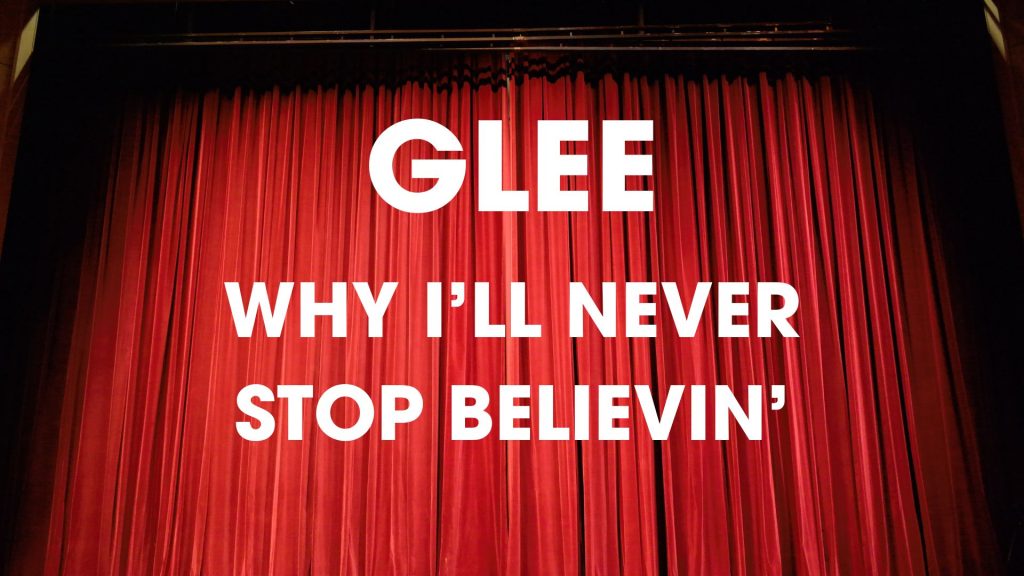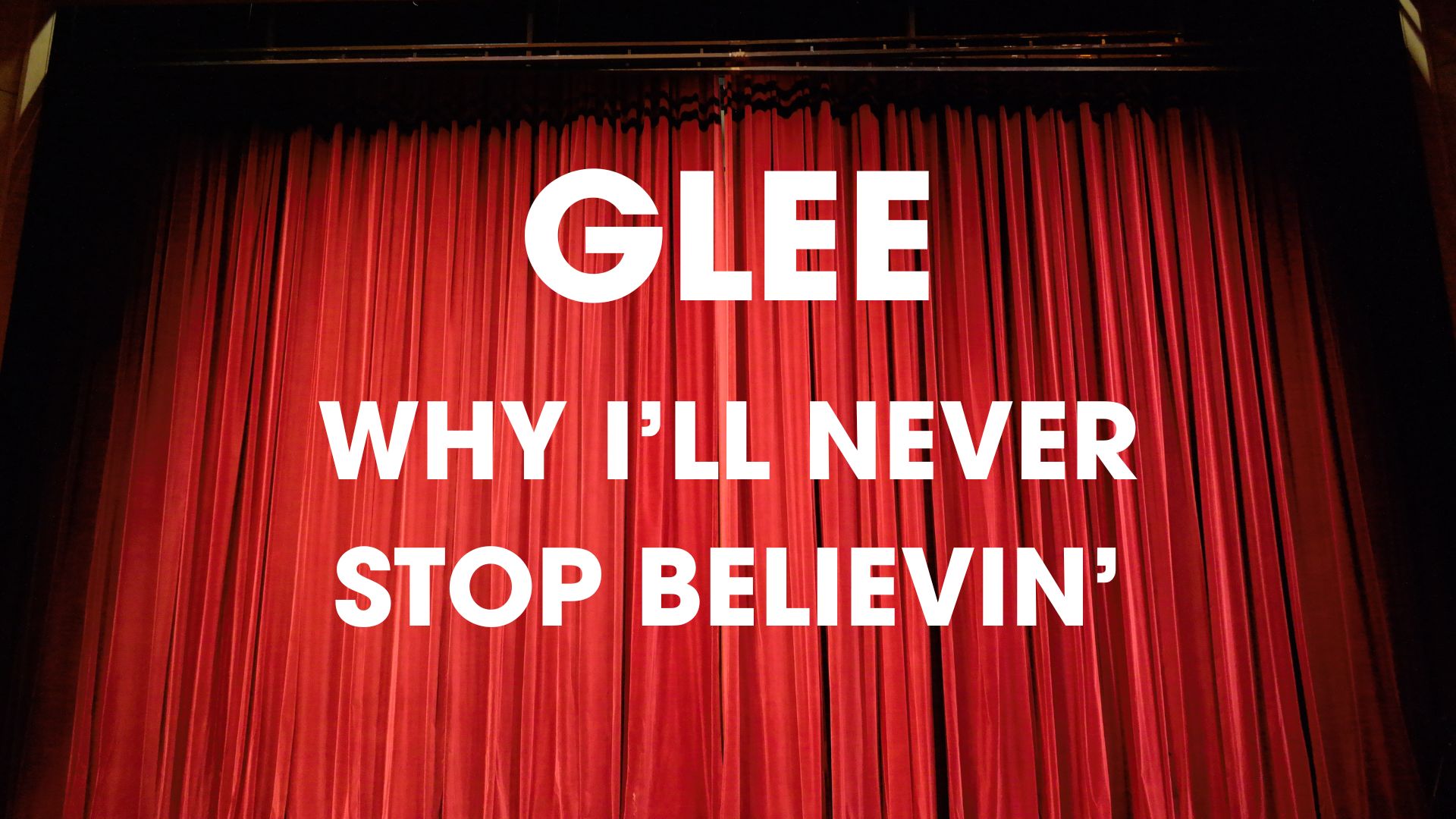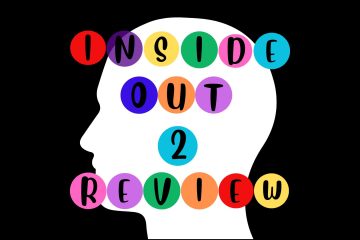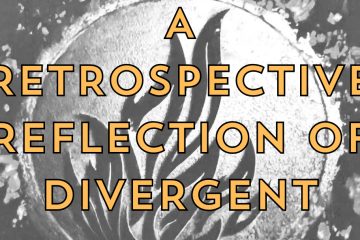
It seems hard to believe that 2024 marks 15 years since Glee first graced its way onto television screens, becoming one of the most chaotic shows to perhaps ever be created.
Set in Lima, Ohio, Glee follows the story of the William McKinley High School glee club, (possibly crudely titled), The New Directions and its members as they compete in show choir championships and navigate the tumultuous world of high school whilst dreaming of achieving superstardom.
Initially this may seem like an extremely odd, zany and wacky premise. A musical comedy about a high school glee club made up of outcasts, jocks and cheerleaders, featuring songs ranging from Broadway classics to the latest pop hits whilst also focusing on the wider lives of the teens and adults? Many TV executives may have scoffed at this idea, asking ‘What sort of teenager would be interested in that?’. In many ways, Glee shouldn’t have worked. Yet it did, proving all the naysayers wrong and becoming a cultural juggernaut.
Riding the coattails of the hugely successful High School Musical, the first season of Glee was able to offer something new and exciting in the TV landscape, perfectly blending the stereotypes of a teen drama with deft satirical humour, all whilst incorporating ludicrously camp musical numbers that somehow manage to be bothcool and cringey at exactly the same time. Perhaps one of the most exciting aspects of the show was the presence and visibility of LGBTQ+ characters on a primetime TV show, helping to smash barriers and perceptions surrounding queerness.
Upon its premiere in 2009 Glee was met with critical acclaim, receiving incredible viewership and exploding in popularity. It may be hard to process now, especially to those who have never seen the show but it truly was a phenomenon. During its run, the Glee cast charted 207 songs on the Billboard Hot 100, went on a concert across North America and Europe and its most watched episode pulled in just under 27 million viewers in the United States. Perhaps my memory is tainted with nostalgia but there was a time when it seemed as though everyone was talking about the show and listening to its music.
However, along with a decline in quality, the show’s huge popularity eventually faded. It may be a slight understatement to say that the show went off the rails; if Glee was a metaphorical train, it didn’t merely go off the rails but rather hectically dove straight off a bridge. Once the characters that audiences had grown to know and love left high school, the show made the decision to split in two, following the fan favourite characters as they began their lives in the real world whilst also introducing a new set of high school kids, becoming a weird fusion show that never really knew what it wanted to be. Moreover, the music of the show was no longer having the huge impact that it once did, with music selections ranging from desperate attempts to recreate chart hits all the way to obscure Broadway show numbers that didn’t have the razzamatazz of other musical theatre songs that the show became known for revitalising, popularising for a wider audience. Perhaps the most notable decline in quality for Glee was in the storylines it delivered. Whilst starting off as a clever satire of high school politics, it eventually turned into the high school drama it originally made fun of. There were storylines that attempted to broach issues such as teenage pregnancy, underage drinking, eating disorders, suicide and even an episode that tackled the problem of school shootings. Whilst these issues needed to be discussed, due to the show’s 45-minute timeframe, these topics were only quickly highlighted and along with being placed alongside musical numbers and the overall storyline of the series, they were never given the intense focus they deserved. The result was that these heavy-handed issues were quickly brushed under the carpet in a cheap and sometomes degrading manner; each week it felt as though Glee turned into a PSA, trying to solve issues and wrap them all up in the neatly tied bow of entertainment. The show has rightly been criticised for this, as well as some of its downright horrific plot and character choices. The prime example of the horror of Glee comes from the glee club’s teacher Will Schuester, who is the true villain of the show. Over the run of its six seasons Will places blackmails Finn into joining the glee club by planting marijuana in his locker, suspends another member, Marley, for refusing to wear a bikini and sings Britney Spears’ ‘Toxic’, and Robin Thicke’s Blurred Lines WITH students. (Mr Schuester’s crimes against humankind are so extensive that it could genuinely be turned into a full-on thesis).
Some storylines also reached a level of insanity that makes you question if a hallucinogenic chemical has worked its way into the local water system. Some of the most ridiculous moments include Finn believing that Jesus appears to him through a grilled cheese sandwich and a gas leak in the choir room causing Blaine to imagine that everyone in the school has turned into a puppet. Other crazy storylines feature purple pianos, students trying to put on The Rocky Horror Picture Show, anaesthetic dream musical numbers, a birth sequence timed to a performance of ‘Bohemian Rhapsody’, a dinosaur themed prom, a talk show called ‘fondue for two’ and themed episodes that pay tribute to icons such as Madonna, Lady Gaga, Britney Spears, Fleetwood Mac, Katy Perry as well as an episode that revolves around twerking. The people who guest starred on the show is also mind boggling, featuring the likes of Kristin Chenoweth, Idina Menzel, John Hamm, Josh Groban, Gwyneth Paltrow, Patti LuPone, Whoopi Goldberg, Neil Patrick Harris, Jeff Goldblum and Sarah Jessica Parker.
The show truly is the most chaotic, messy, confusing piece of entertainment that has perhaps ever graced TV screens. Whilst I could dive even further into the problematic elements of the show and make fun of its most mind-numbingly insane moments, many deep dive videos and articles do this far better. Also, despite its abundance of flaws I must confess that…I love Glee.
I have no shame in admitting that I am a GLEEK, through and through. Many who know me have rolled their eyes an immeasurable number of times as I have fangirled over the show, imploring anyone to watch its beauteous sense of chaos as I proudly exclaim that I listen to numerous Glee themed podcasts (yes…I really do).
Whilst it may be easy to make fun of this, I cannot stress how instrumental the show was in my upbringing and in my exploration of queerness as it was just beginning to slowly bloom.
My Mum can perhaps be blamed for causing my obsession with the show. As I had loved High School Musical, when she heard about the positive word of mouth around the show, I remember picking up the first season boxset in ASDA and going home to watch the first few episodes. Disaster struck however when my Mum decided I was still too young to witness some of the more mature themes of the show. So, I waited patiently until I turned 12, the age decreed old enough to watch the show by the British Board of Film Classification, sticking on the first season boxset, the bright yellow packaging of which had begun to fade, committing an act of what I considered to be a quasi-rebellion by watching a show that had previously been denied to me by my parents. From as soon as I put on the first episode, I consumed the remaining available seasons with a feverish excitement, bowled over by the elaborate musical numbers and brilliant characters on screen. I downloaded the music, dancing along to the songs on my iPod, much to the behest of my peers at school, and considered it to be one my favourite shows. Sadly, as the Glee’s popularity faded and criticisms began to appear, my love of the show turned into a guilty pleasure, causing it to be pushed into the deepest depths of my memory.
When lockdown hit in 2020 and Glee arrived onto streaming platforms, I decided to numb my mind by revisiting the show, quickly binging all 121 episodes across its six seasons…and I am so glad that I did.
Firstly, I do want to stress that, despite its flaws, the show is an incredible piece of television. It is wacky, bold, stuffed to the brim with talent and tells some truly engaging stories. It deftly blends the tropes of a high school drama with a dark, macabre sense of satire that broaches many of the issues that we continue to face within society. It does all of this whilst producing some truly outstanding musical numbers. Whether it’s Darren Criss’s swoon worthy acapella rendition of ‘Teenage Dream’, or the jaw dropping mashup of Adele’s ‘Someone Like You’ and ‘Rumour Has It’; the music SLAPS. During its run, Glee featured over 700 musical performances. Regardless of what you may think of the show, this remarkable achievement should not go unrecognised.
It was during my rewatch that I began to retrospectively realise how the show was able to have such a profound impact on me. Behind all of its ridiculous storylines, Glee is ultimately a simple story about a group of underdogs who smash the barriers put in their way and eventually come out on top, proving wrong everyone who underestimated them. Throughout its seasons, the audience witness an eclectic group of insanely talented people realising their dreams, sending the message that anything was possible. It bought together the jocks, cheerleaders and outcasts, showing how everyone can get along no matter our differences. For me, the show was the first time I truly felt as though a sense of difference was celebrated on screen; I was able to see queerness embraced, characters of all shapes and sizes and abilities shining onstage. Ultimately the show sent a message of hope, telling audiences that no matter who you were, what you looked like, who you loved or whatever your background, that you were worthy of love and capable of achieving your dreams.
For my 12-year-old self, still confused about their queerness, feeling alone and sometimes ashamed of how different I felt, this show made me feel accepted. It taught me that I didn’t have to apologise for the who I was and sent me the message that I could love and accept myself just the way that I was.
Even though it is immensely cheesy, when I hear the opening notes of ‘Don’t Stop Believin’ (THE GLEE CAST VERSION!), tears begin to flood my eyes and a sense of optimistic hope is always able to pour into my heart. That simple message the song sends always helps me to remember how a show about a silly high school glee club was able to make me feel less alone, to make me proud of who I was. And for that reason, I’ll never stop believin’.



